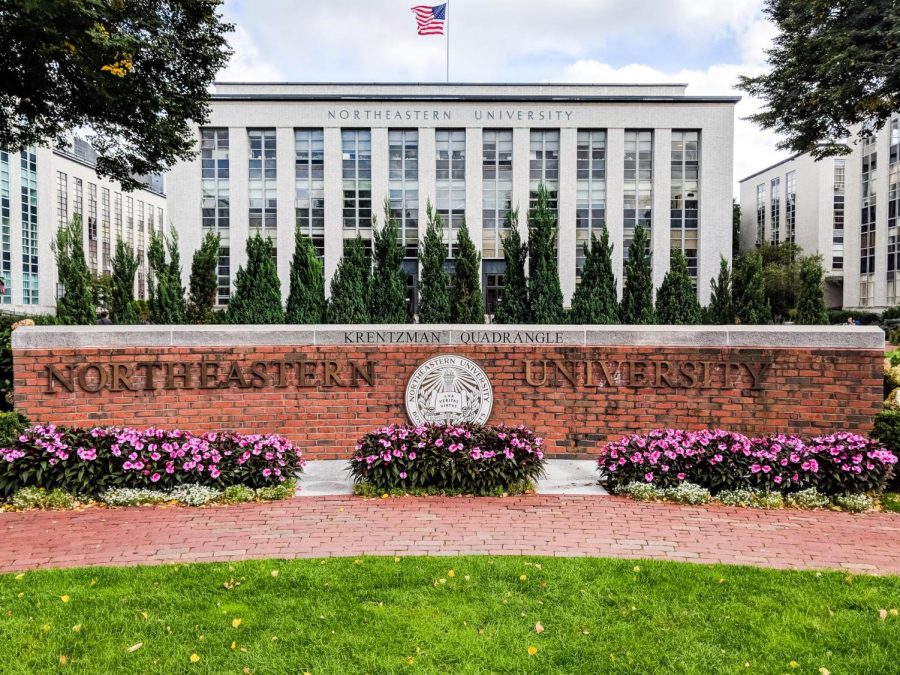NU lifts ban on non-essential university travel
Northeastern has postponed the start of next semester and canceled spring break.
June 17, 2020
Northeastern’s ban on non-essential university travel has been lifted, the chancellor and provost announced in an email Wednesday. The COVID-19 pandemic triggered the ban on March 12, and all summer Dialogue of Civilizations programs were canceled.
This move is key to the N.U.in program, which Chancellor and Senior Vice President for Learning Ken Henderson told The News will operate in London and Dublin this fall.
The email, which was signed by Henderson and Provost and Vice President for Academic Affairs David Madigan, warned that “much of the world remains under travel restrictions and the resumption of travel will be slow and uneven across the country and globe.”
University travel, according to the email, refers to academic or business travel by Northeastern staff, administrators or students that is “authorized, funded, coordinated, or administered” by the university.
Faculty and staff who undertake such travel, whether it is domestic or international, must get approval from a supervisor. Students need approval from the office that oversees their program.
All travelers must complete an “Acknowledgement of Risk” form before travel. For international travel, students have to complete the “Individual Petition for Student International Travel,” which has to be approved by the Global Safety and Security Assessment Committee.
“During this global pandemic, all international travel is essentially ‘high-risk,’ and travelers must present a compelling reason to travel to a specific location at this time,” Henderson and Madigan wrote in the email.
There will be an announcement by Aug. 15 that either continues, adjusts or discontinues these procedures.
As international travel around the world starts to trickle back to life after being nearly shut down entirely in the spring, Northeastern plans to send hundreds of students to Ireland and the United Kingdom for the N.U.in program this fall.
“The big takeaway in terms of the student experience is that it’s going to be similar to what’s happening on campus, albeit in London rather than Boston,” Henderson told The News Tuesday. “If it turns out that we can’t run those sites, then we’ve always built the planning around the ability to host the students in Boston.”







